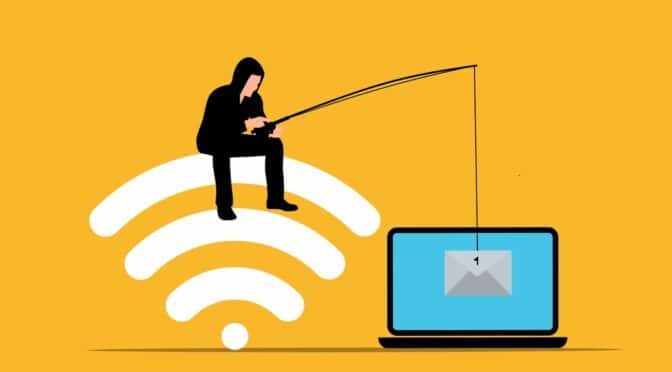by Phil Bradford
Can you declare bankruptcy to eliminate your student loan debt? Maybe yes and maybe no. Here’s how the system works.
Usually, student loan debts are not dischargeable in bankruptcy. But there are exceptions. The U.S. Department of Education describes some of those rare cases. So let’s find out if you might qualify.
Most bankruptcy courts require you to pass the Brunner Test. This three-part test analyses whether repaying your student loan would cause you unnecessary hardship. Check if you meet all three conditions:
Poverty — You have to show that repaying your loan would leave you without enough income to meet the minimum necessities for you and your family.
Persistence — You must also show that your financial hardship will continue for at least the time covering your repayment period.
Good Faith — Finally, you have to show that you have made sincere efforts to repay your student loan debt.
In short, you need to prove that you’re living near, on or below the poverty line.
There’s another, more elaborate, test that addresses whether or not you’ll face hardship if you have to pay back your student loan debt. See if you can pass the Johnson Test:
Employment and Income — Your present employment and income as well as your future prospects are compared to the federal poverty line to determine if you fall into this category.
Education — How much income can your education generate now and in the future?
Health — Can you remain healthy and continue to work? This is especially meant for people with chronic or life-threatening diseases.
Dependents — Does meeting the needs of your dependents create an obstacle to repaying your student loan debt?
Good Faith — As in the Brunner Test, the Johnson Test also looks at your previous efforts at repayment. Have you seriously tried to pay off your student loan?
Other bankruptcy courts may use additional tests to determine if repaying your student loan debt would cause you undue hardship. One is called the Totality of the Circumstances Test. But all in all, you have to prove to the bankruptcy court that your critical financial condition makes it impossible to repay the student loan and that bankruptcy is your last option to discharge the debt.
This is a high bar to pass. Let’s examine how to get started, and what other options you may face.
The first step is filing a formal action known as the Complaint to Determine Dischargeability. Then the steps outlined above come into play. If your student loan debt is not discharged in bankruptcy, as happens in most cases, the type of bankruptcy may make a difference.
Chapter 7 — In Chapter 7 bankruptcy, you’ll still owe your debt if you could not prove that repayment of the student loan would cause you undue hardship.
Chapter 13 — In Chapter 13 bankruptcy, even if you could not prove undue hardship you may have other ways to eliminate or reduce student loan debt. For example, you may get a reduction on your loan amount during your Chapter 13 repayment plan. However, you’re still answerable for the unpaid loan amount.
Alternative Options to Repay Federal Student Loan Debt
You can reduce or cancel your federal student loan debt with the help of the following federal programs:
- Public Service Loan Forgiveness
- Teacher Loan Forgiveness
- Perkins Loan Cancellation
- Income-driven Repayment
- Federal Family Education Loan Program (FFELP)
You can also take advantage of the Student Aid Bill of Rights to get on top of your student loan debt.
Discharging Private Student Loan Debts in Bankruptcy
Your private student loan debt can be eliminated in bankruptcy only if it meets the following criteria:
It cannot be included on the U.S. Department of Education’s list of “eligible educational institutions.
It must be provided by large national lenders like well-known banks or financial institutions.
You haven’t taken out loans for vocational training or technical training programs, IT training courses, truck driving schools, coaching classes, cooking or beauty schools, or mechanical schools.
The bottom line: It’s always better if you can repay your student loan debt yourself. You should make the long, hard process of bankruptcy your last option to pay off your student loan debt.
*Financial web enthusiast Phil Bradford has expert knowledge about personal finance issues. His passion for helping people stuck in financial problems has earned him recognition and honor in the industry. He also loves to travel and cook.


